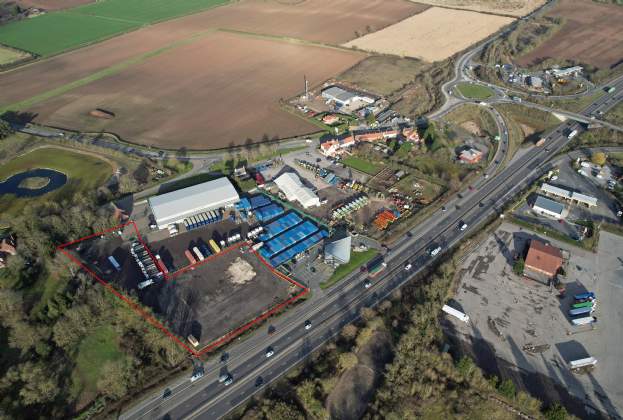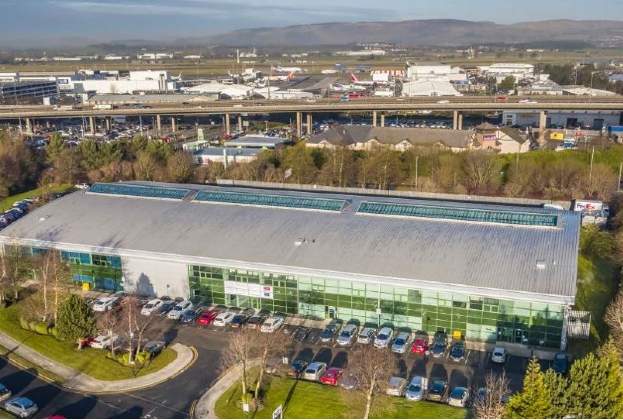Already a significant growth sector, the life science industry is, now more than ever, generating serious real estate requirements. However, firms are not just looking for conventional office and laboratory space, but also more affordable alternatives such as mid-tech industrial units.
At present, the life science sector is contributing £74 billion to the UK economy annually, but availability of suitable research and development (R&D) space is limited compared with other global locations. To put this into context, London currently has around 90,000 sq ft of suitable available space, while Manchester has 360,000 sq ft. In America, Boston and New York have 14.6 million sq ft and 1.36 million sq ft respectively.
This lack of supply, paired with soaring rents for office and laboratory space, has led R&D occupiers to seek new, more viable options. For example, in Cambridge office accommodation on the long-established Cambridge Science Park now exceeds £34 per sq ft, while at the neighboring logistics scheme, Enterprise Business Park, rents stand at just £12.50 per sq ft.
The affordability, flexibility and fit-out potential of industrial space provides R&D and life science businesses with everything they need to grow. Essentially providing a blank canvas, the often complicated modifications can be made with relative ease, something which has been proven by the significant uptick in deals involving traditional warehouse units being used for testing and development activities.
This has undoubtedly been accelerated by the Covid-19 pandemic. With the world now eagerly awaiting a vaccine, R&D particularly in the ‘golden triangle’ of Oxford, Cambridge and London is now playing a crucial role.
With this in mind, once a vaccine has been successfully trialled it will likely be manufactured on a global scale, which will require significantly more UK logistics capacity. The World Health Organisation (WHO) has outlined the benefits of outsourcing the vaccine supply chain to the private sector, which will undoubtedly increase demand for suitable space, including lab, production and cold storage.
What’s more, the global interest in the sector has acted as a catalyst for further government investment to help R&D firms operate within the UK. Subsequently this has created a global hotspot for top tier companies.
In short, there is a real opportunity for landlords and developers of mid-box industrial units to tweak their offer to attract the influx of new life science occupiers. This can be done by increasing the quality of construction in regards to cladding, glazing and internal finishes, incorporating 10 to 20 per cent of office space (as opposed to the traditional 5 to 10 per cent) and giving occupiers the ability to increase power availability through battery provision or other means.
Safety protocols also need to be considered, allowing for the storage of external plant, chemical or gas canisters.
Ultimately, start-ups and those operating prior to additional funding rounds can massively benefit from the flexibility afforded by warehouse space.
.jpg)


.jpg)
.jpg)

.jpg)

.jpg)

.jpg)